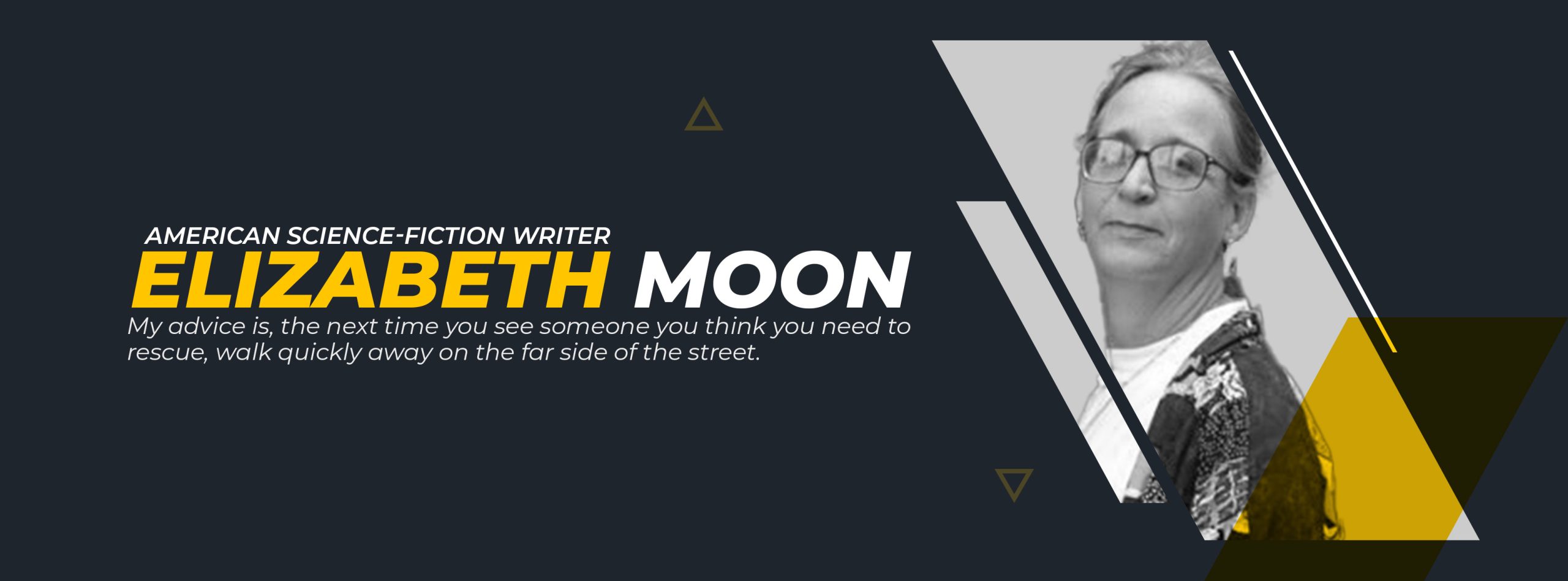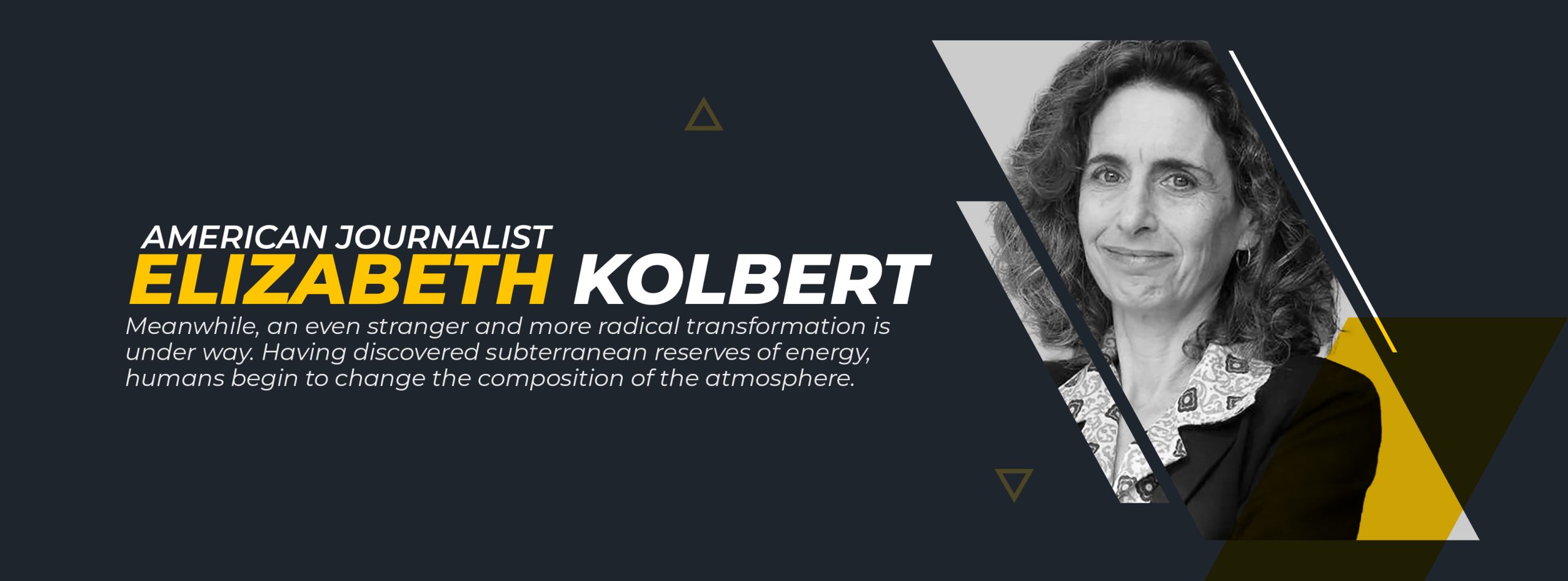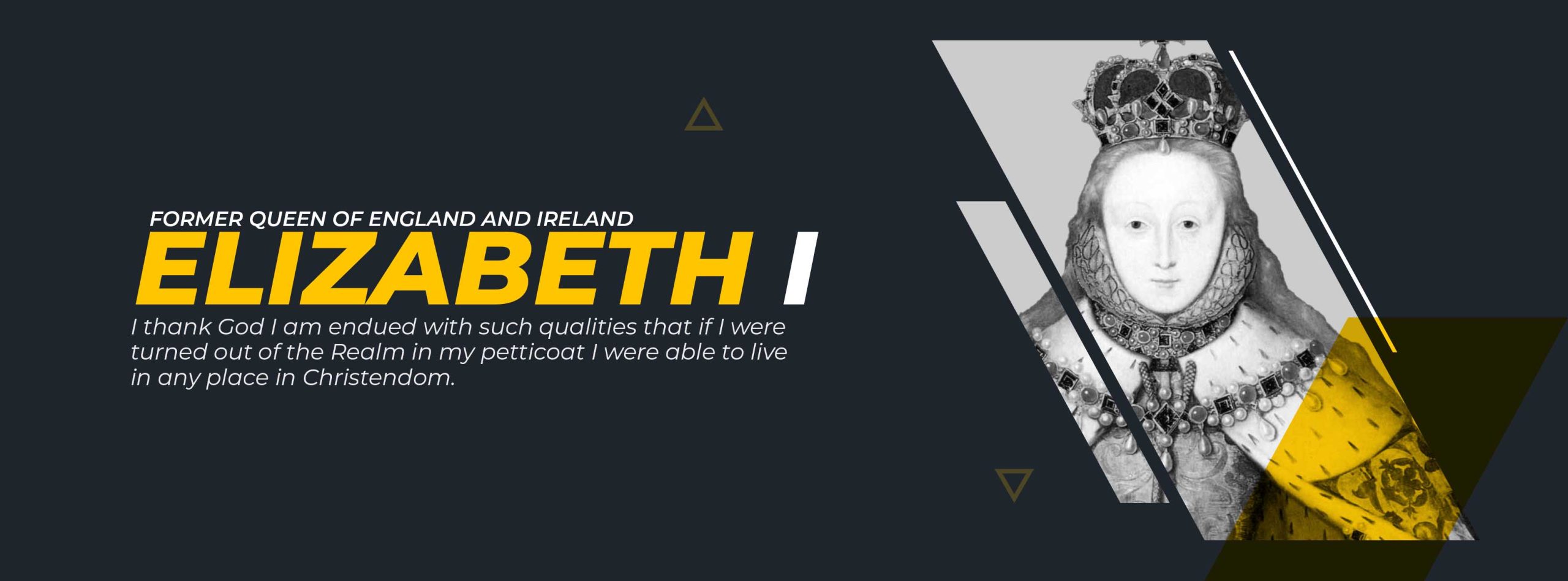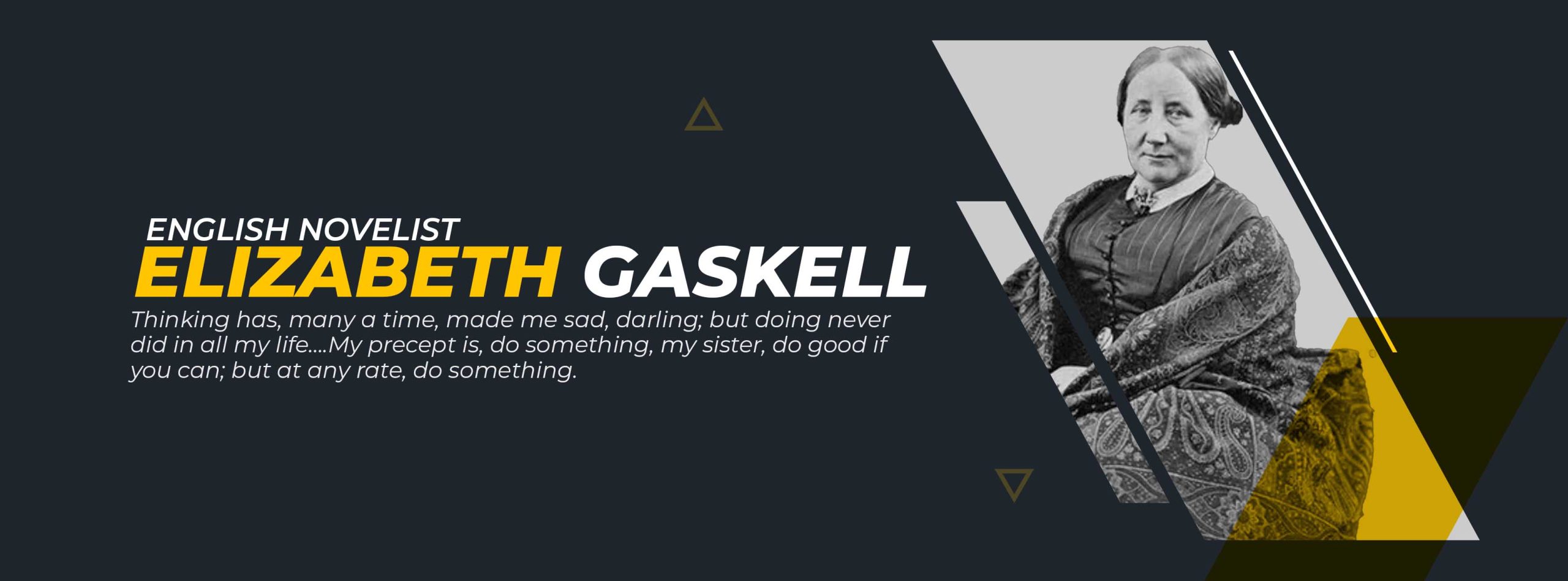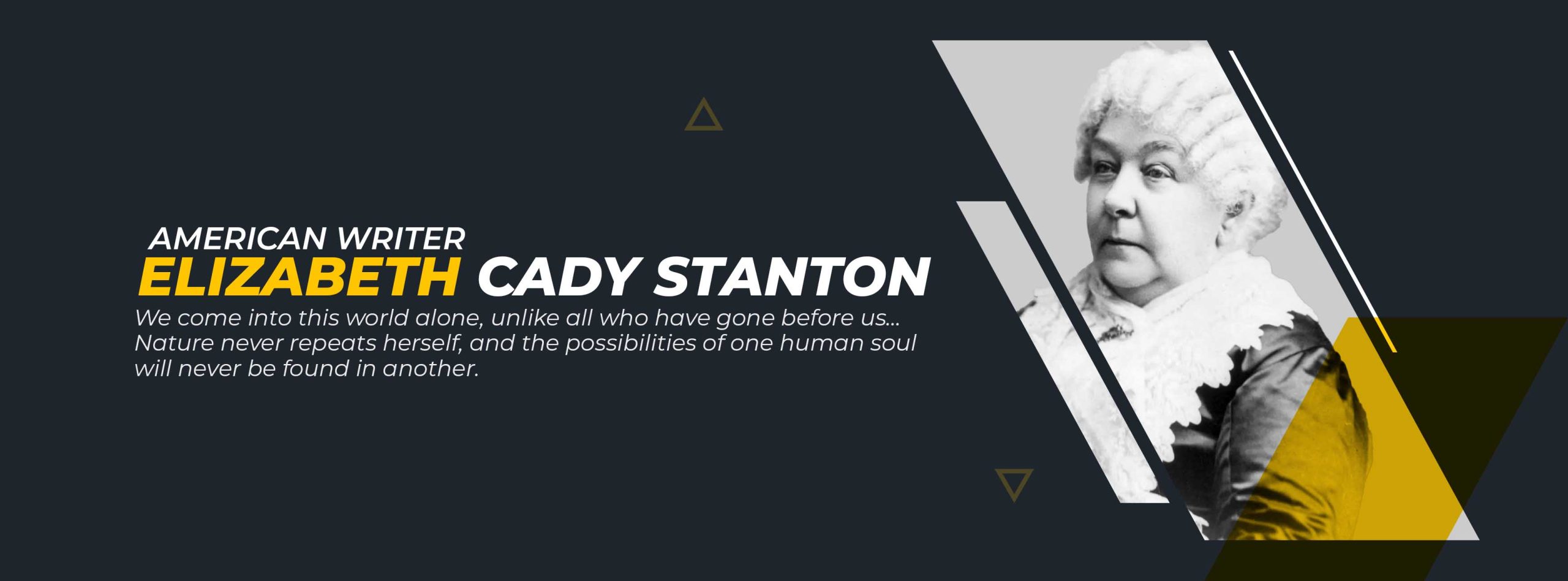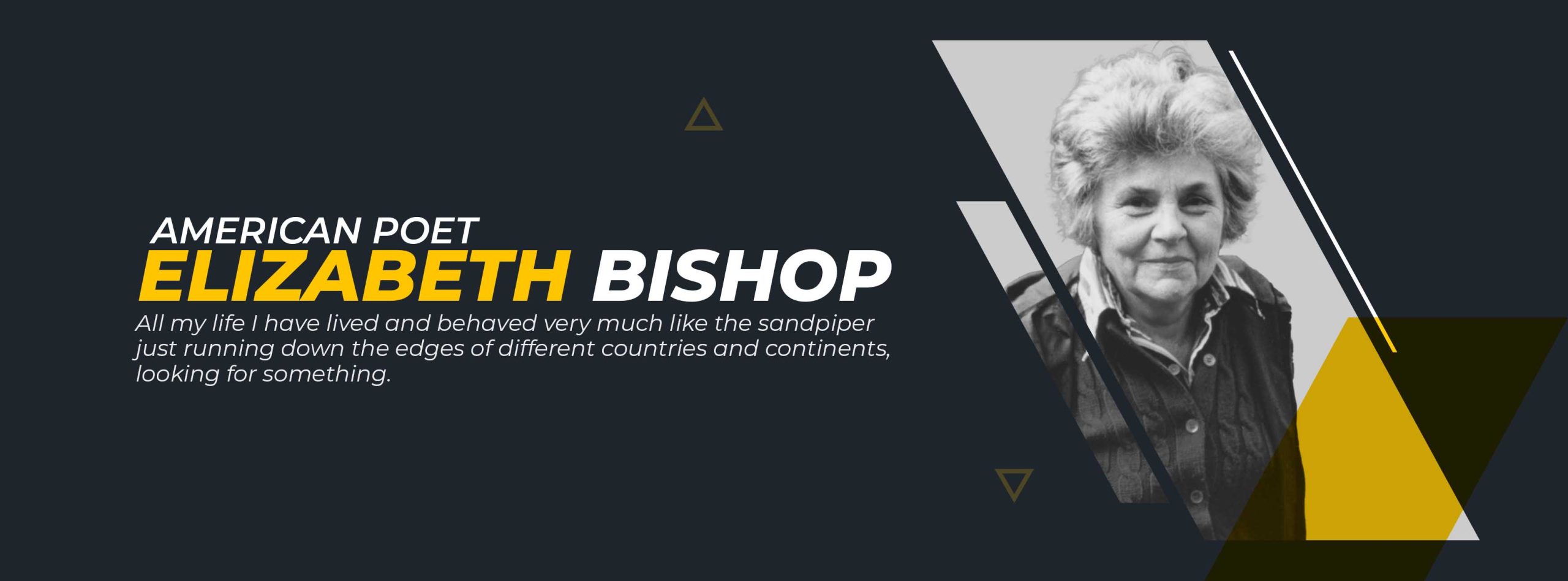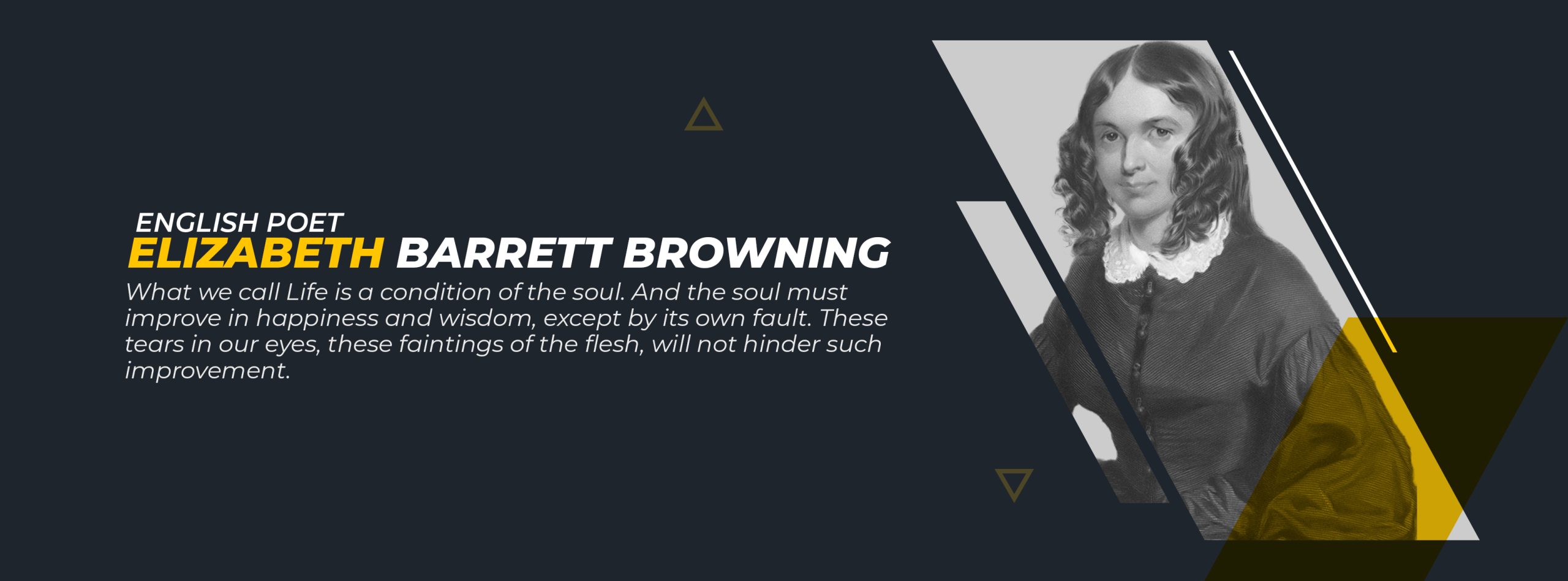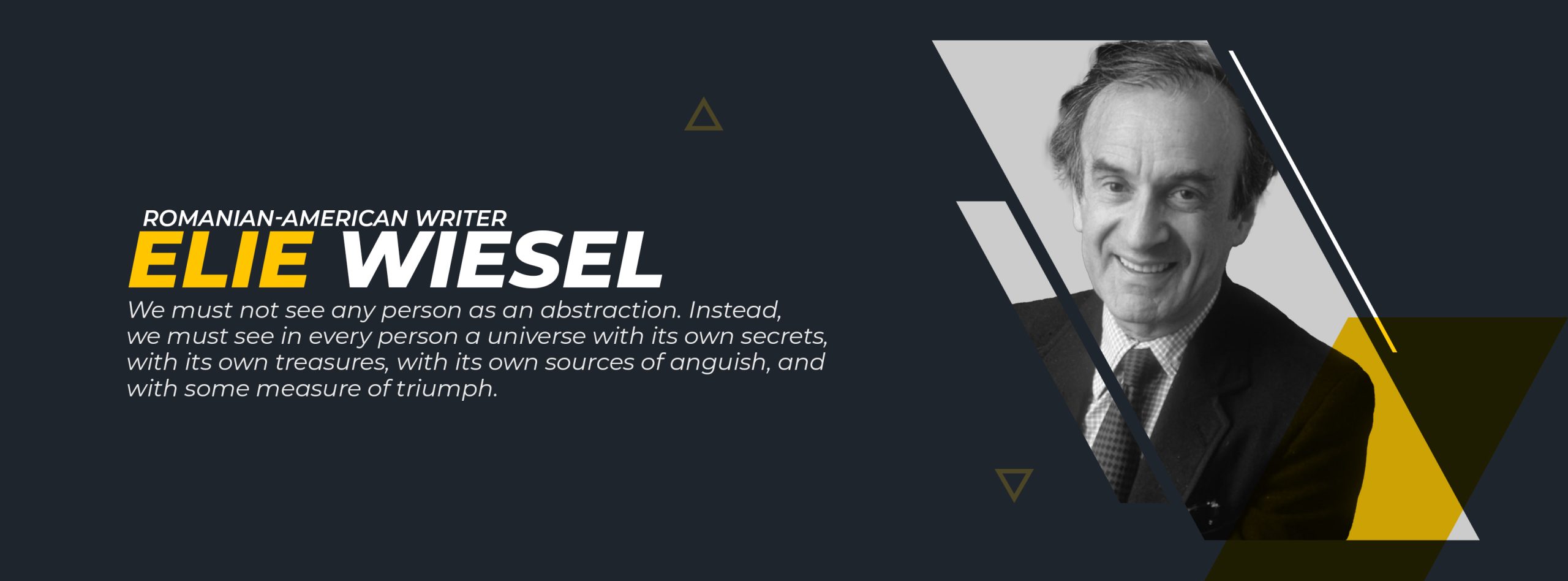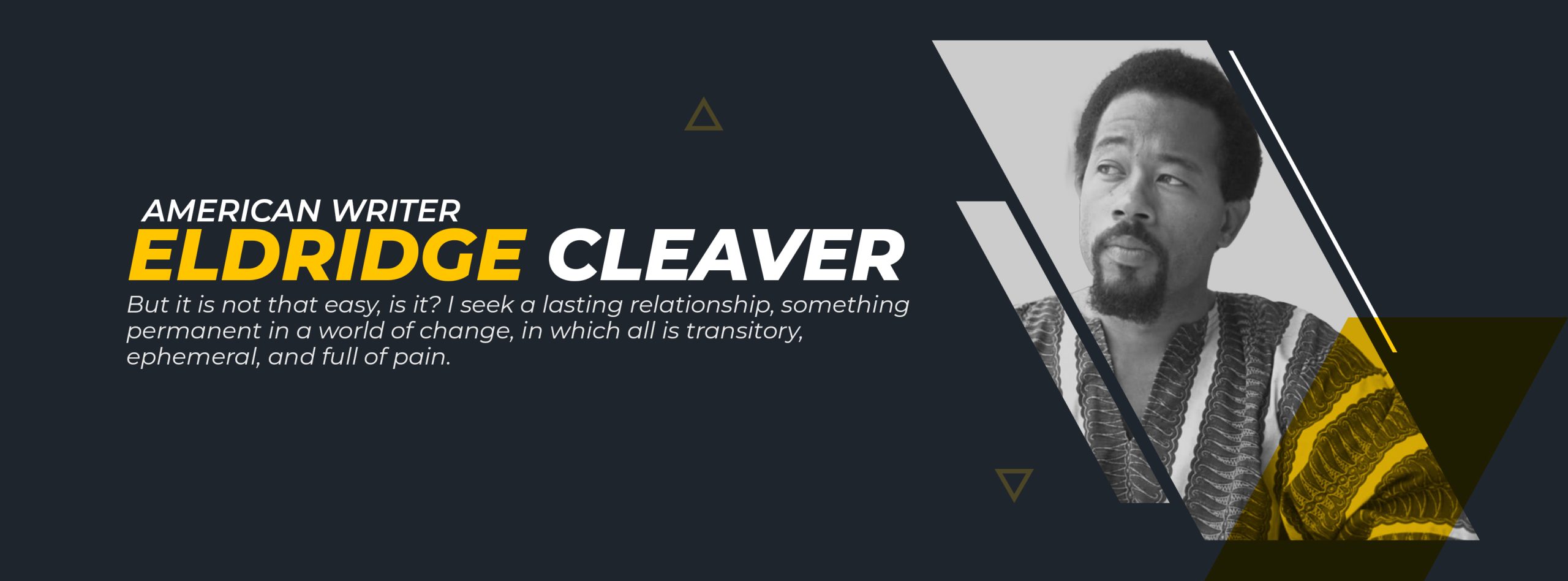Top 10 most inspiring quotes by Elizabeth Warren
- Americans are fighters. We’re tough, resourceful and creative, and if we have the chance to fight on a level playing field, where everyone pays a fair share and everyone has a real shot, then no one – no one can stop us.
- The people on Wall Street broke this country, and they did it one lousy mortgage at a time. It happened more than three years ago, and there has been no real accountability, and there has been no real effort to fix it.
- There are those who believe justice and dignity are reserved only for some people. Young men have died in police custody, and the growing heel of poverty has worn down harder on children of color…We must fight back.
- I talk to nurses and programmers, salespeople and firefighters – people who bust their tails every day. Not one of them – not one – stashes their money in the Cayman Islands to avoid paying their fair share of taxes.
- Goals work. Pick one debt, and then put every dime into paying down that one debt. Once that debt is paid off, start paying down the next debt. Pretty soon it’s time to move from paying debt to building savings.
- The Republicans underestimated and underestimated and underestimated Donald Trump. And look where that got them. They kept saying, no, no, no, that’s not going to happen, we don’t have to worry about that.
- My response [to fear of being poor]was to study contracts, finance, economics, to plan, to have a goal, to work on that goal. To learn everything I could. I always poked at the things that scared me most.
- It’s pretty much how we get anything added to the curriculum. When parents said children needed to be computer literate, the schools started responding. The same thing is true of basic financial literacy.
- College students today are drowning in debt, and it is hurting them and hurting our economy. We must find a way to help families pay for college without condemning them to a lifetime of indebtedness.
- Say good-bye to a Supreme Court that is truly open and balanced and looking out for the American people. Instead the Republicans just want to capture a right-wing court for another whole generation.
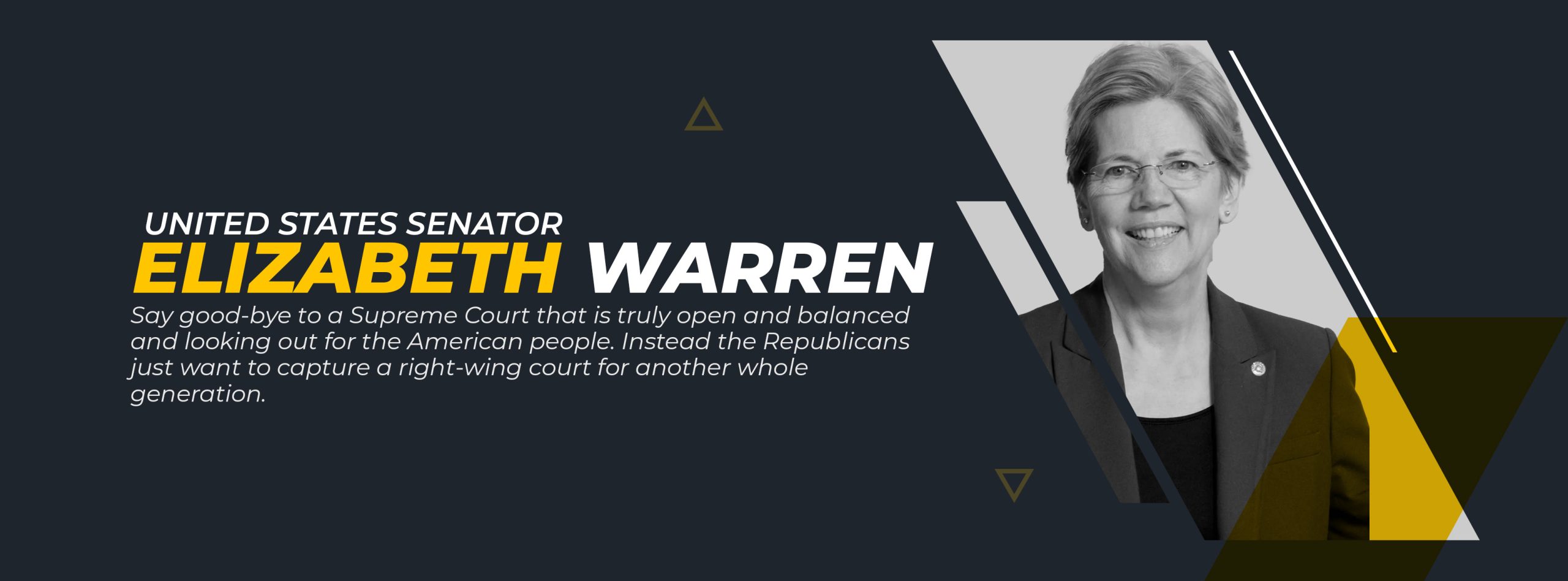
Elizabeth Warren is an American politician and academic born on June 22, 1949, in Oklahoma City, Oklahoma. A prominent figure in the Democratic Party, she has made significant contributions in both academia and public service. Warren obtained a law degree from Rutgers University and went on to teach law at several universities, including Harvard Law School.
In 2008, she played a pivotal role in the formation of the Consumer Financial Protection Bureau, advocating for stricter financial regulations following the 2008 financial crisis. Her political career gained momentum when she was elected as the U.S. Senator from Massachusetts in 2012, becoming the first woman to hold that position from the state.
Known for her progressive policy positions, Warren’s advocacy includes economic inequality, Wall Street reform, and affordable healthcare. She has also championed the rights of workers, consumers, and marginalized communities. Her 2020 presidential campaign centered on policies like universal healthcare and free public college education.
Elizabeth Warren’s compelling journey from academia to the political arena has solidified her reputation as a dedicated advocate for economic justice and fairness. Her influence on American politics and policy discussions remains significant, shaping conversations about financial regulation, social equality, and the role of government in ensuring a level playing field for all citizens.
👉Listen to the best music from all over the world at www.liveonlineradio.net #Elizabeth_Warren #quotes #FM #Online_radio #radio #live_online_radio #live #world_radio


